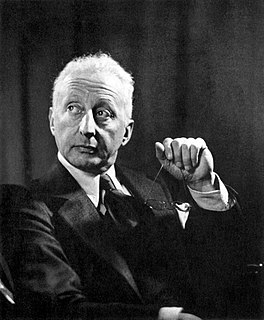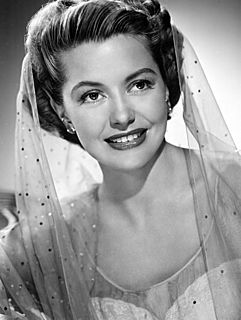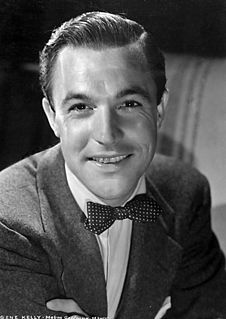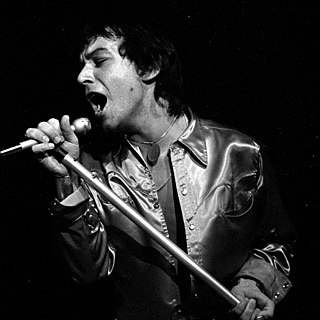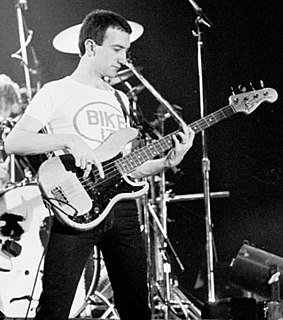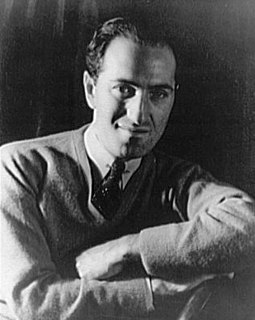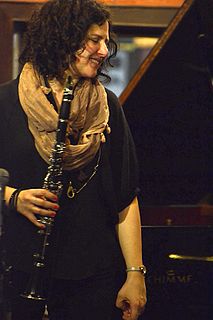A Quote by Jerome Kern
Irving Berlin has no place in American music -- he is American music.
Quote Topics
Related Quotes
Bill Monroe spoke of bringing 'ancient tones' into his music with echoes of British and Irish fiddle and bagpipe music, while also delving deeply into American blues, gospel, folk hymnody, and hill country dance music. To that gumbo, he added the invigorating rhythms and harmonies of hot jazz. It was a new kind of American music, named in honor of his band The Blue Grass Boys to be known, simply, as bluegrass.
When I did the Abyssinian mass, I went through the whole history of the church music and the gospel music, even with the Anglo American hymns, the Afro American hymns, the spirituals and how it developed, up to Thomas Dorsey and the Dixie Hummingbirds, going through the history of the music, jazz musicians.
